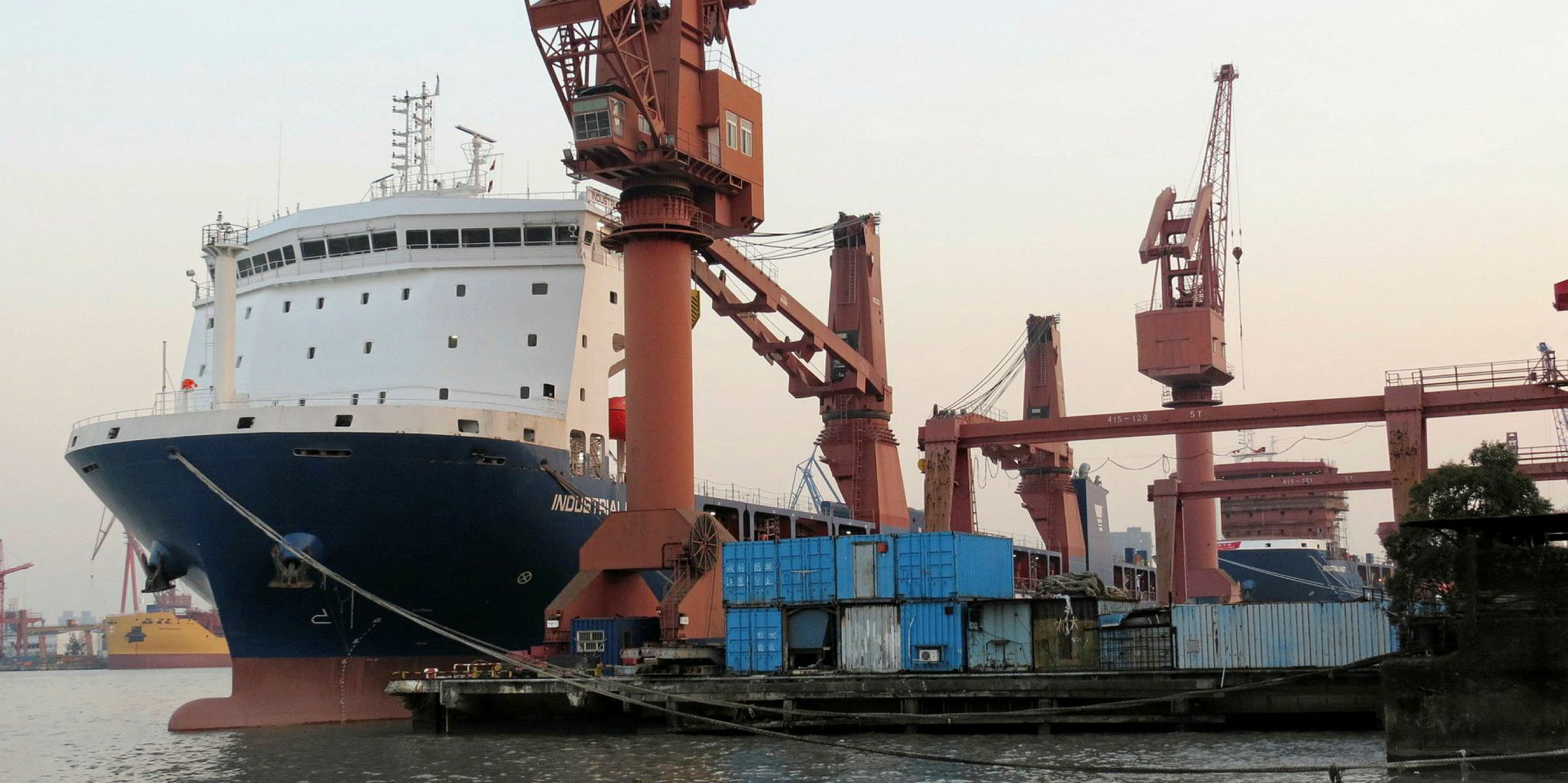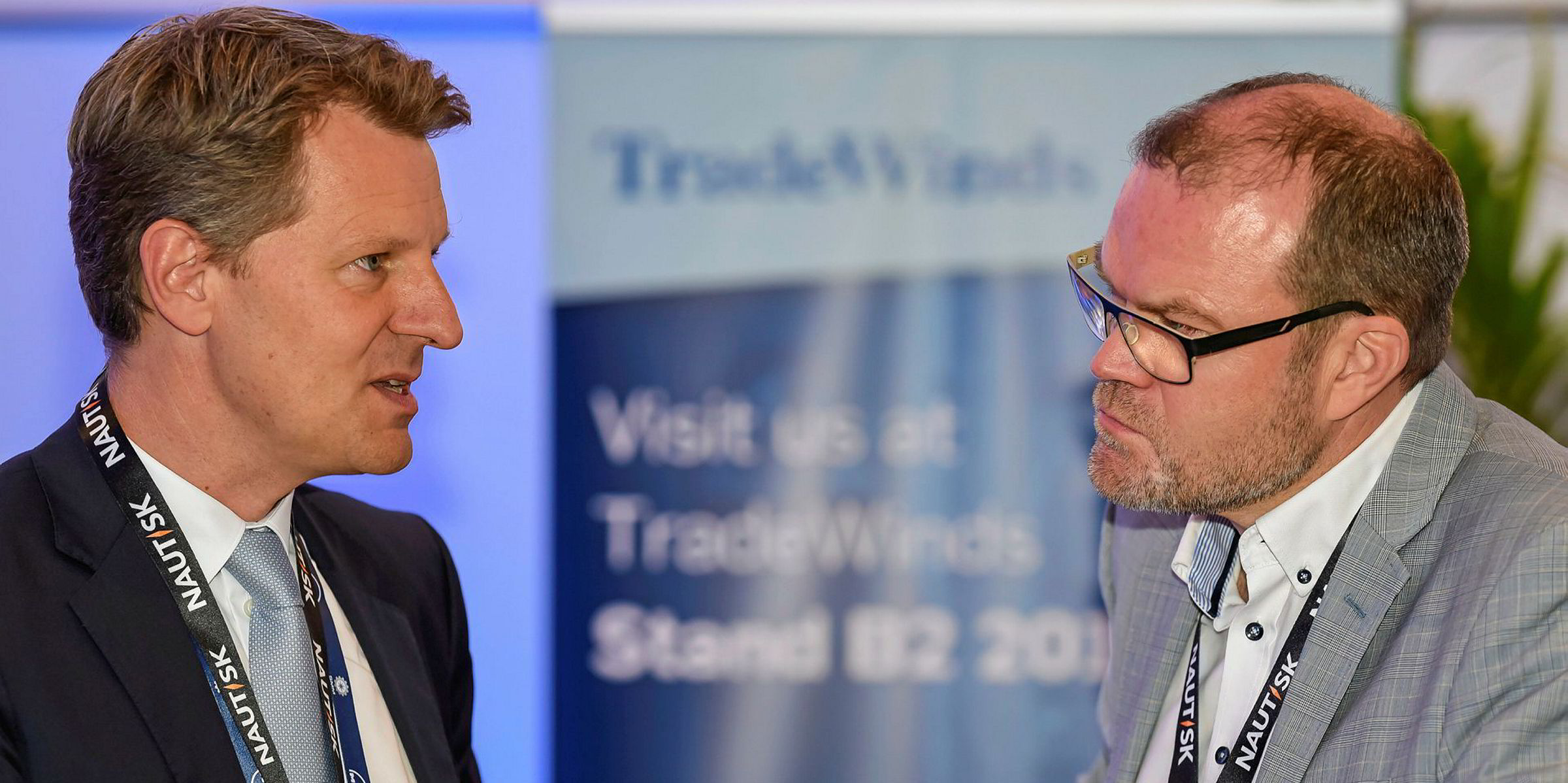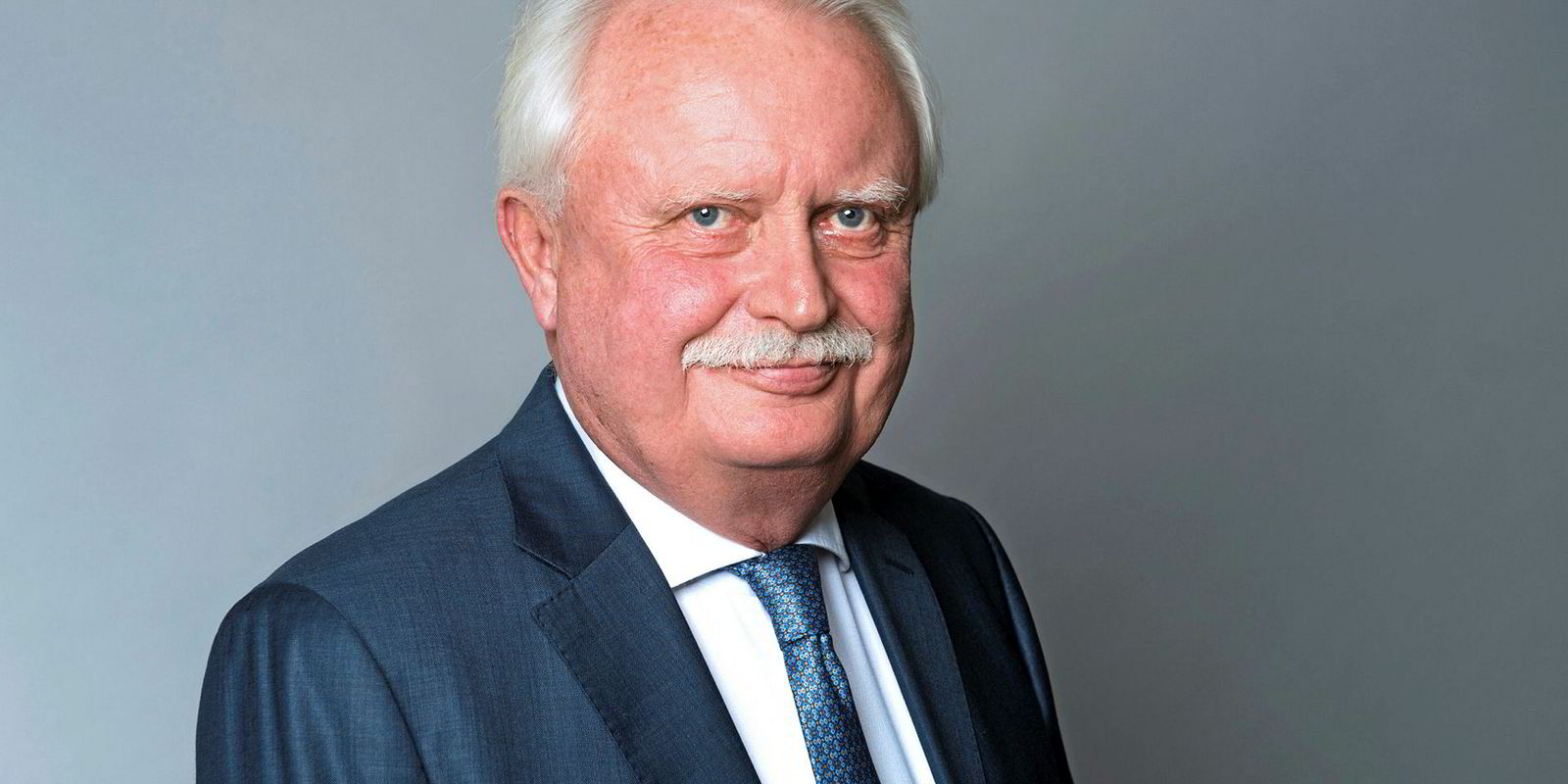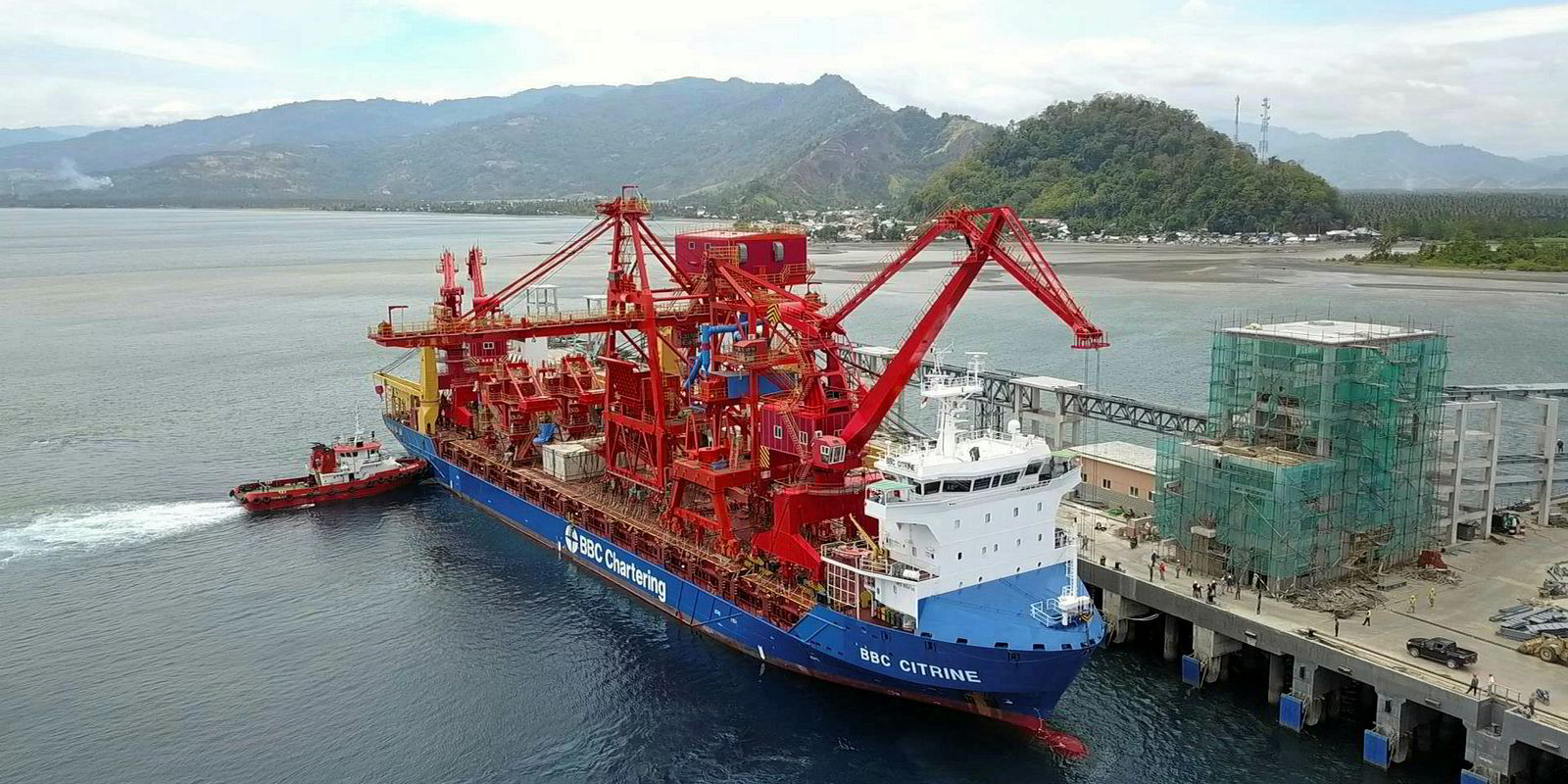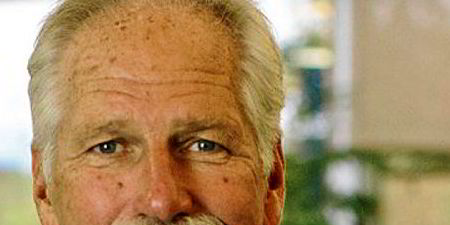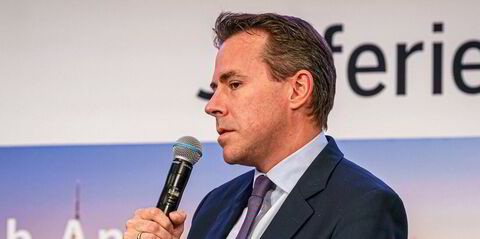Zeaborn Group has quickly emerged as the big, new player in the multipurpose (MPP) market.
In September, the Bremen-based operation got the green light from regulators to form a joint venture with US breakbulk operator Intermarine.
Being a small company, there’s going to be room for a niche operator like us and Ocean7. In the long haul, there is going to be fewer people, but you just have to be a step ahead and try to secure some good tonnage out there
The new project-cargo, breakbulk and heavylift company Zeamarine will operate around 70 vessels and aims to grow to more than 100 units in the MPP/heavylift market.
The company will be managed by a new-look executive team that has seen the addition of Dominik Stehle from the rival Deugro Group, the departure of former Rickmers man Ulrich Ulrichs, and his replacement by Kai Von Taube to oversee Zeamarine’s liner and tramp shipping operations.
They will help manage a company that is alongside the top five MPP operators — a list that includes BBC Chartering, Cosco, BigLift Shipping/Spliethoff and AAL.
At the same time, the door has opened for a number of new operations that see opportunities in the niche business.
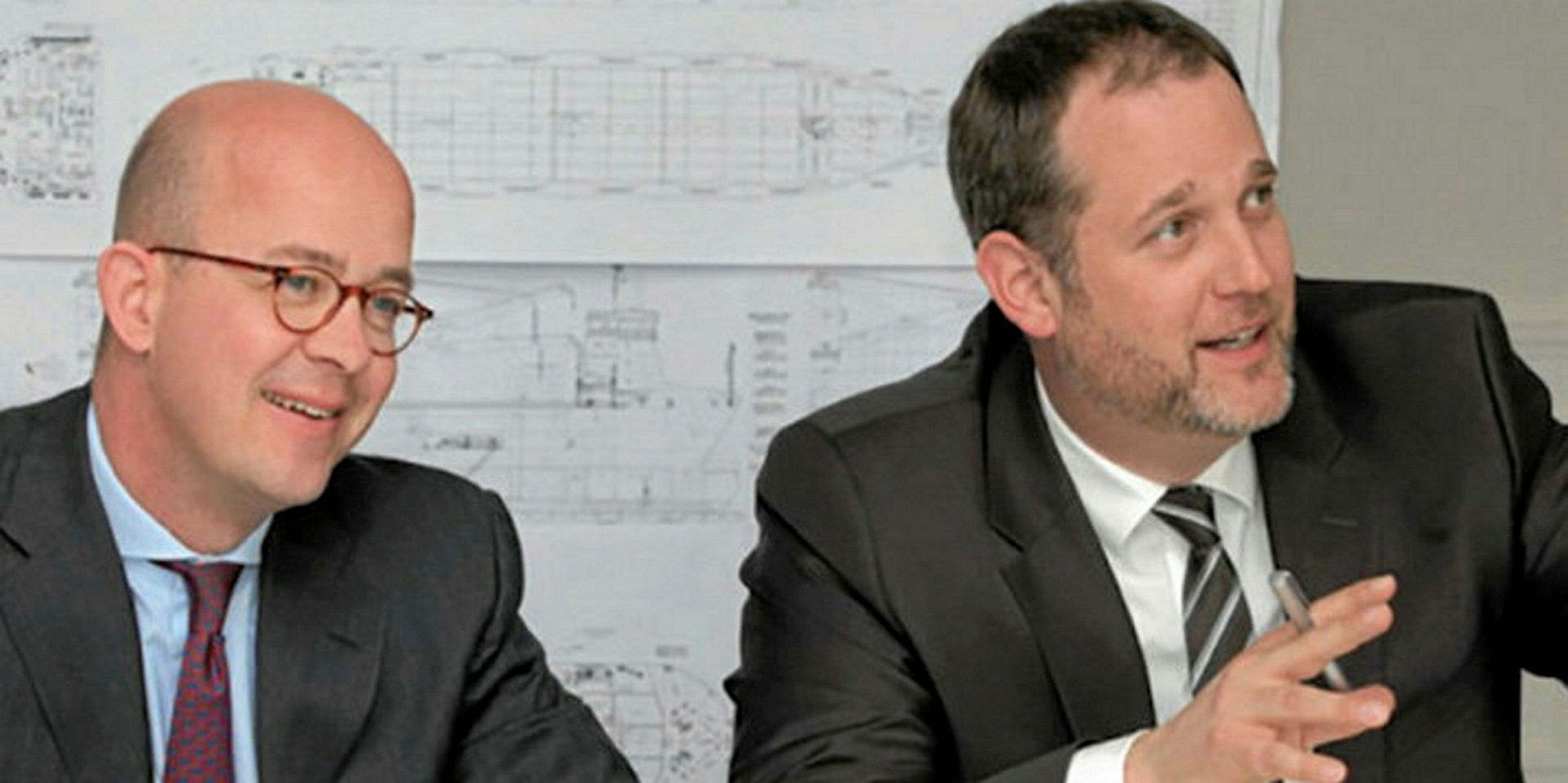
One such player is WeShip Projects, which inaugurated its European office in Denmark on 1 November under the guidance of industry veteran Lars Steen Rasmussen.
The Dane is part of a team of former employees from Nordana Project & Chartering (NPC) — now known as Weco Projects — where he was chief executive from 1999 to 2015.
Asian business partnership
WeShip has established a partnership with Ocean7 Projects, which controls a fleet of 17 MPP vessels with up to 700 tonnes of crane capacity, to run its Asian business.
The company has been formed following the big shake-up in the MPP sector, which saw NPC taken over by Rickmers-Linie in 2017 before it was then later bought by Zeaborn Group.
“Being a small company, there’s going to be room for a niche operator like us and Ocean7,” Rasmussen says.
He regards consolidation as a good thing that should not make it difficult for smaller operators to procure tonnage.
“In the long haul, there is going to be fewer people, but you just have to be a step ahead and try to secure some good tonnage out there,” Rasmussen says.
The niche approach is mirrored by other newcomers such as dships Carriers, which entered the shipowning sector this year.
While Zeamarine and BBC Chartering have huge fleets and networks worldwide, dships Carriers vice president Lars Feller says his company's approach will be to target different markets and clients.
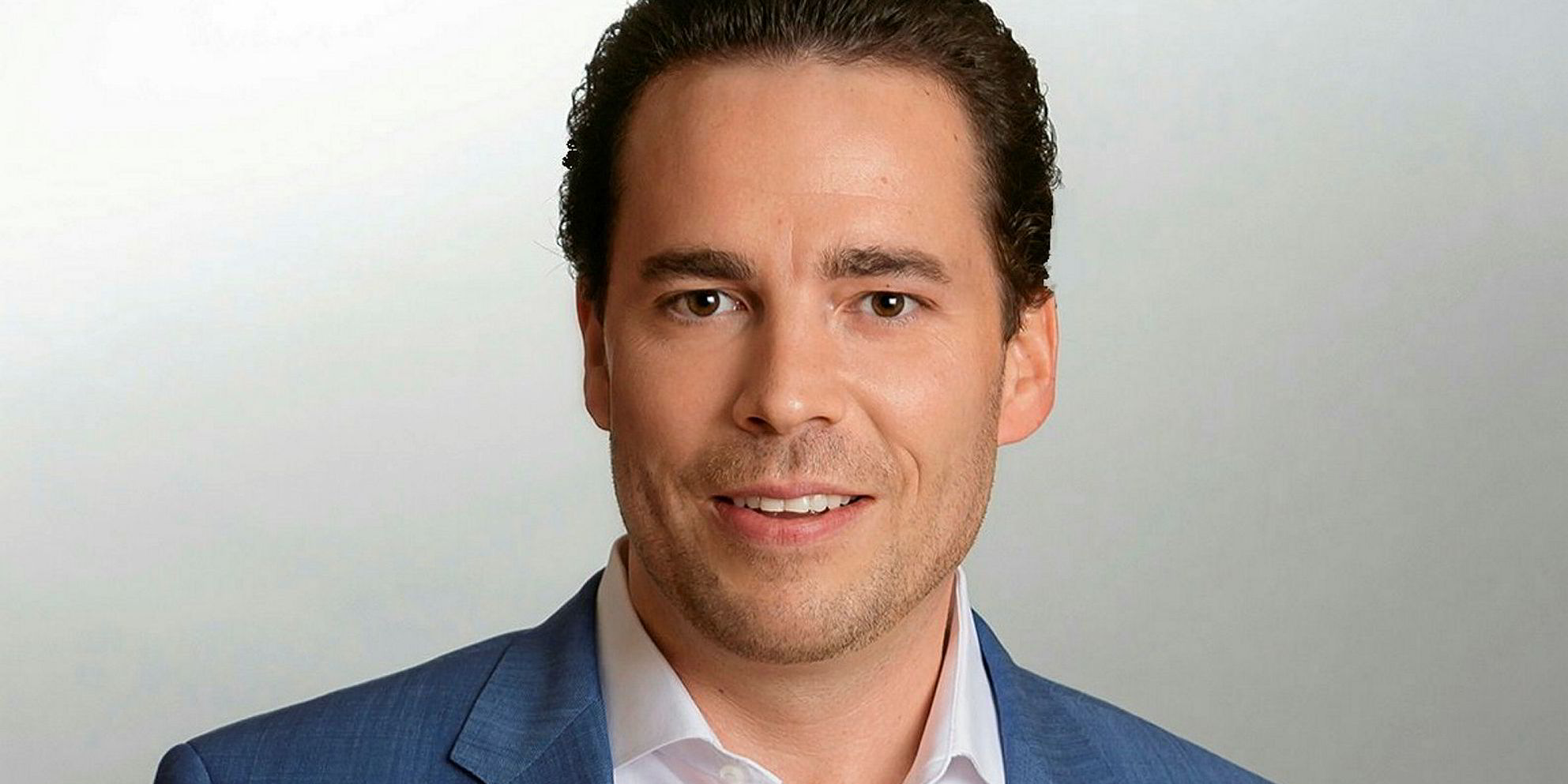
Other new players that have entered the shipowning sector include Dutch operator Cargow. It has bought four “Great Dane Mark II” designs that were originally part of a series of 12 ships ordered by Nordana/Weco Group in 2013 at Taizhou Sanfu Shipbuilding.
Long-term contract
Cargow chief executive Stefan Stefansson says the company's ships were bought to handle a long-term contract “that would be best matched with owning or securing tonnage for the very long term”.
The vessels that have been delivered are the 12,100-dwt, 834-teu Frigg W (built 2017), Freyja W, Sif W and Sigyn W (all built 2018).
The emergence of new shipowning entities in the MPP sector has provided a boost for the tight-knit MPP broking community.
Recent years have been tough for brokers as the number of potential principals fell as a result of consolidation and hard times, but the proliferation of two or three new MPP ventures last year made it possible for brokers to talk to more people again, says Marco von Appen of Sporleder, a broker that focuses on the MPP segment.
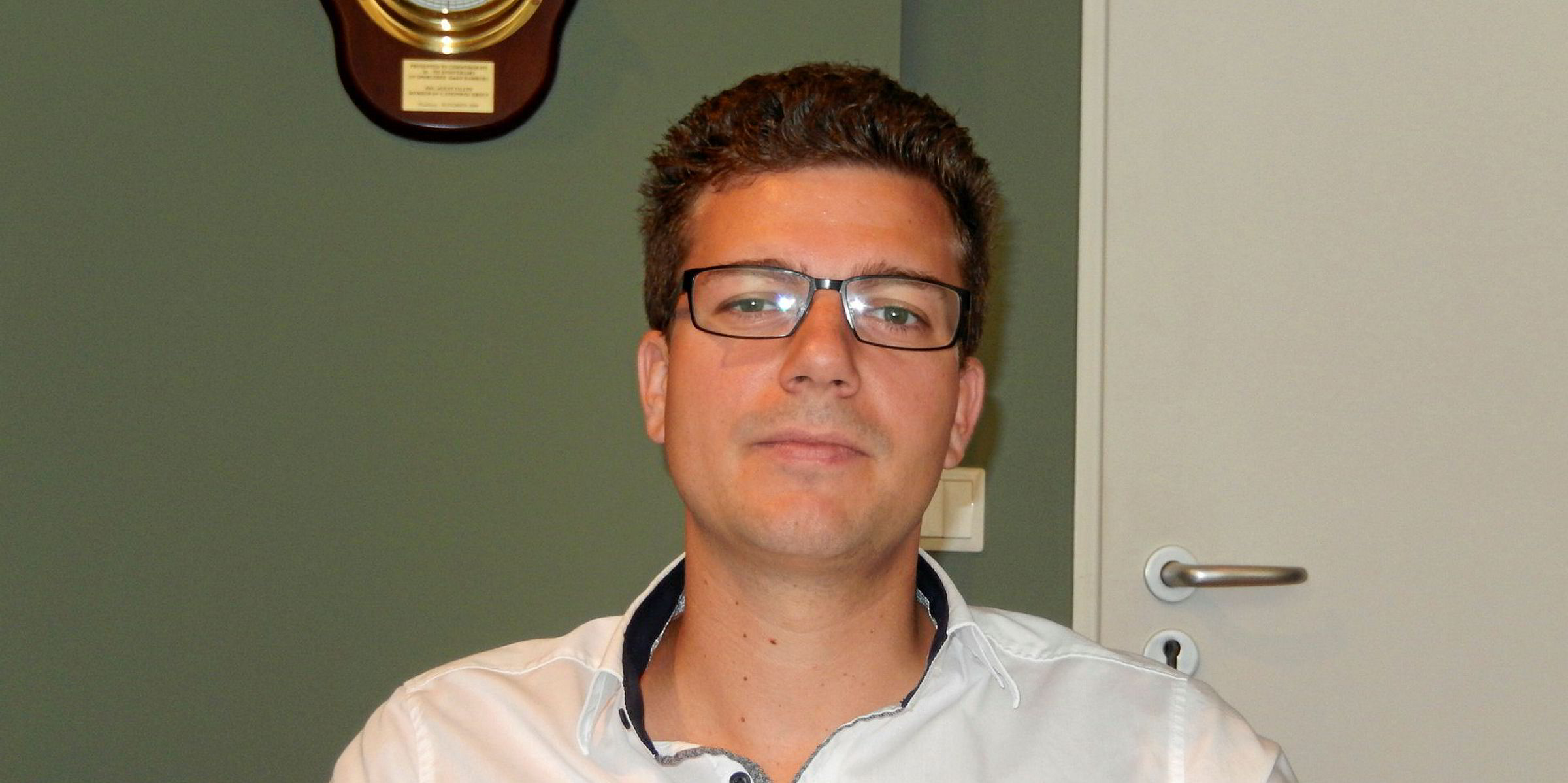
New entrant
One of those is DS Multibulk, which is building up a fleet in the sector.
The German owner, which is part of Dr Peters Group, entered the sector as a shipowner towards the end of 2017 with the purchase of the 12,744-dwt DS Wisconsin (built 2004) for a reported $4.7m. Today, it is listed as operating a fleet of nine MPP vessels.
Meanwhile, Auerbach Schifffarht, which was founded in 2010, has expanded its fleet to 13 vessels by taking five Thorco-owned MPP units on technical management.
